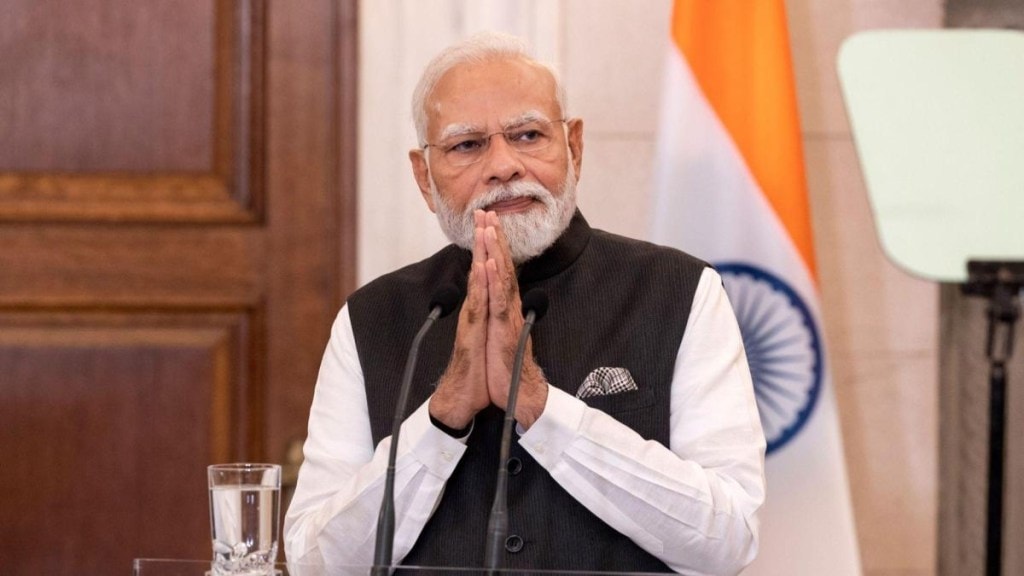The government is voluble about the forthcoming 18th G20 Summit, and hopes that under India’s presidency, the forum would produce an outcome that justifies the country’s stature. However, given the recent history of the grouping and the increasingly divergent geopolitical interests of its key members, not much should be expected. The decisions of the Chinese president Xi Jinping and Russia’s Vladimir Putin to skip the summit would mean that it would not even have much spin-off benefits of bilateral dialogues on the sidelines. The impasse has come about at a time when the struggling world economy can’t afford to let geopolitical tensions linger, leave alone their escalation.
To be sure, the G20, which worked remarkably well to avert a global economic depression after the 2007-2008 financial crisis, has in recent years been bogged down by the gathering weight of internal contradictions. A slowness—if not ambivalence—has crept in, even as the “2030 Agenda” concerning Sustainable Development Goals (SDGs) is badly off track and “the window for action is closing fast.” For the last several sessions, under its two key modes of engagement—the Finance Track for finance ministers and central bank governors and the Sherpa Track—the group hasn’t “decided” to take any new definitive SDG action. It has had to be content with certain statements of intent. The point is while being resolved to address financial-sector vulnerabilities and the larger interests of big capital, the G20 is not finding much common ground on a host of relatively new issues added to its domain. At the same time, national economic interests are causing key members to digress, and lend their weight to groups like BRICS and G7.
Meanwhile, many economies, including those in the West, slipped into a protectionist groove, regardless of the need to boost the stagnant global trade and catalyse the flow of capital to regions where it is scarce. Even India has raised the common import tariffs for industrial goods by close to 5 percentage points in recent years, and resorted to import licensing, frequent export curbs on agricultural items, and restrictions on remittances abroad—steps that are at odds with the SDG plank.
To his credit, prime minister Narendra Modi hasn’t pulled back an inch on the SDG agenda at G20. He is pursuing with vigour the key priorities—green and women-led development; climate finance & lifestyle for environment; accelerated, inclusive & resilient growth; technology transformation and digital infrastructure, and the reforms for multilateral institutions. From India’s point of view, an unflinching G20 commitment to SDGs is paramount, as it would serve its national interest, as much as the global. Reform of multilateral developmental banks is integral to this objective, as they have an increasing role in the crowding-in of private capital for development and infrastructure projects. MDBs, with greater lending firepower and innovative financing tools, could help reduce risks and costs of projects, and lessen the burden on the taxpayers in low and middle-income countries. India has acquired certain moral righteousness in pushing the SDG agenda thanks to it being one of the major and most credible contributors to global energy transition, digital infrastructure creation, and its fine balancing act vis-à-vis the stand-off between Kremlin and the West. This and India’s projection of all-inclusiveness—Vasudhaiva Kutumbakam—as the leitmotif of G20 are proof that its belief in globalisation is intact. That is a potential antidote to the slippage at the global forum.

